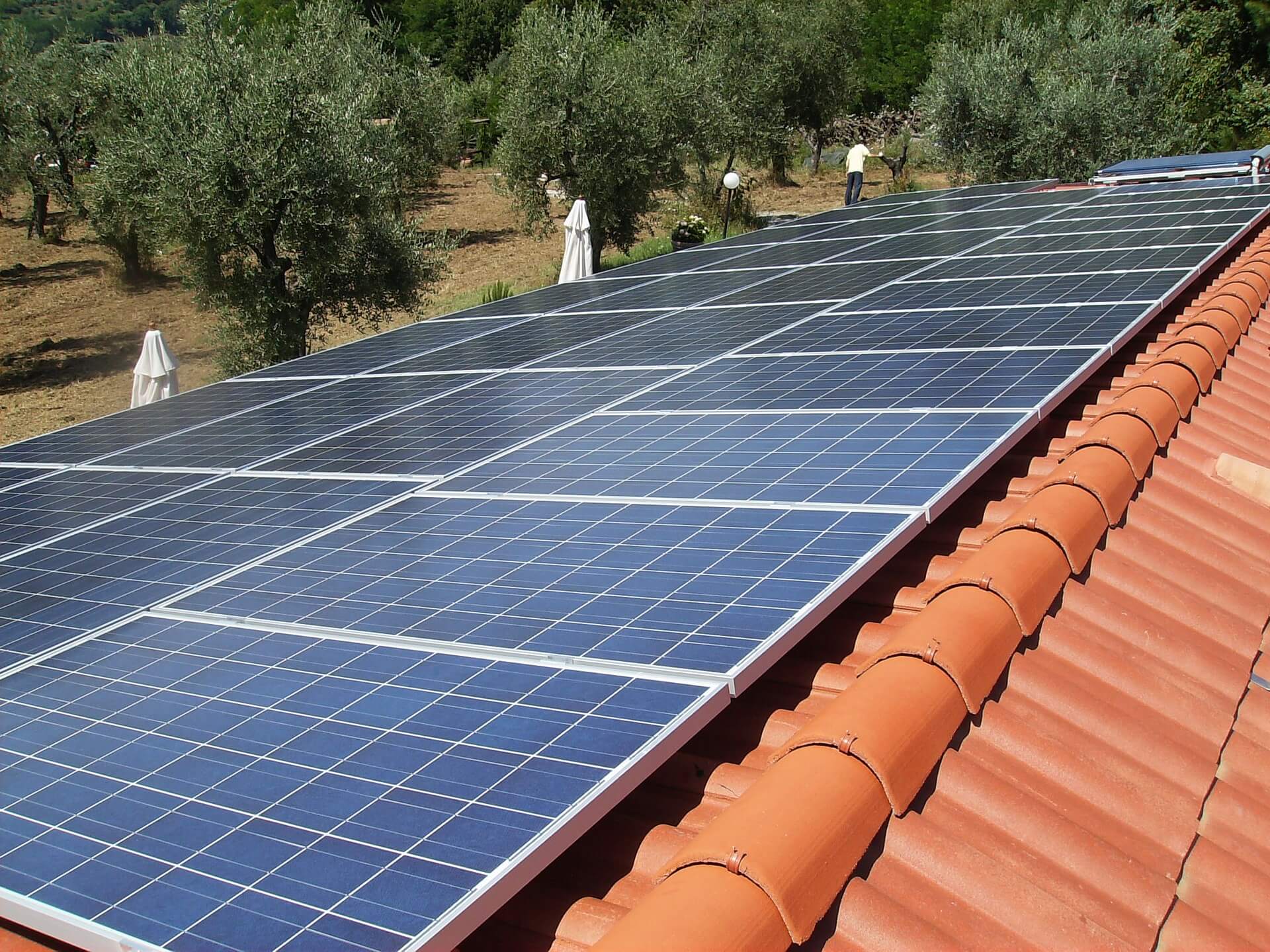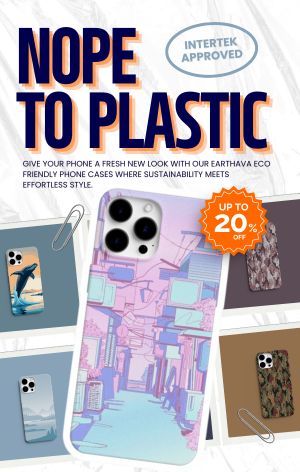Sometimes, big business completely corners a market and doesn’t allow any wiggle room for the competition, consumers and industry updates.That’s exactly what is happening with the energy and power organizations in Florida.

It’s led to some serious hurdles for enthusiasts, homeowners, and solar energy users, further exacerbated by recent events. In Miami, for instance, many residents are frustrated after not being able to rely on their solar panels even during a wide-scale blackout.
In the wake of Irma, most of the southern part of the state was left without power. The outages were, in fact, responsible for the deaths of eight elderly residents forced to remain inside a Hollywood nursing home without air conditioning.
If you’ve ever visited the state, you have some idea of just how bad the heat and humidity can be. Air conditioning is a necessity there, which also means so is power.
However, despite this, Florida Power & Light (FPL) and other Florida power companies seemingly did nothing to brace for the impact of the hurricane and the impending outages. In fact, rate hikes have happened in the past, blamed almost entirely on hurricane protection for the local grid, and yet the power still failed.
What does any of this have to do with renewable and solar energy? How are solar users and owners impacted?
Solar Is Under Fire in the Sunshine State
In Florida, you are legally mandated to connect any solar panels you have installed to the local grid, which means you are never truly free. To make matters worse, during a power outage, even if your system can sustain your entire home and family, you cannot rely on it. You must power down your system and generators.
Furthermore, the power companies have slowed installation progress for anyone who wants to have solar connected to their home. Those interested must pay anywhere from a $400 to $1,000 application fee before they can even begin work.
Think that’s bad? Last year, the companies tried to push through a bill — sneakily, we might add — that imposed strict limitations on solar energy systems. It was named the Rights of Electricity Consumers Regarding Solar Energy Choice, or Amendment 1, which is completely misleading.
Those supporting the bill were legitimately trying to trick consumers into voting for legislation that would prevent open adoption of solar energy in the state. Why? Because it’s bad news for modern and fossil-fuel-based energy providers.
Florida is called the sunshine state, after all, so solar systems can be incredibly lucrative. Even the net metering provision that allows solar panel owners to sell excess energy back to the state is under fire. Companies want to see it gone for obvious reasons.
The Powers That Be Are in Control
Residents are frustrated, as is to be expected, and now demand to know why these companies were not prepared for such massive outages in the wake of Irma. Worse yet, even after spending millions on hurricane proofing and beefed-up reliability, FPL cannot even explain why there was such an issue. This is a case of big business gone wrong, cornering a portion of a market and creating a monopoly.
It does make you wonder how prevalent this sort of thing is across the country. How many corporations and organizations have the power and resources to prevent consumer-friendly technologies and policies from being adopted?
Sadly, it doesn’t look like things will get any better for Florida residents anytime soon. It will take a strong and vocal movement to fight the powers that be and let solar shine.



thanks for this type article.